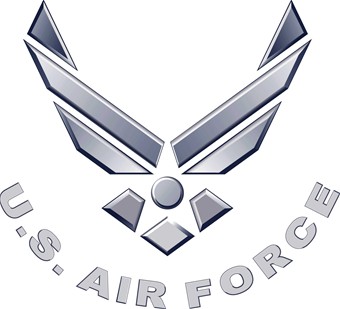First of all I would like to thank you for reading this. I'm aware that there are probably hundreds of threads like this one, and I probably should have read more of them. But I am just so happy to have found this forum and ready to dive into conversation with you guys.
My name is Jonathan, and I am an 18-year-old senior a month away from graduating. I have been interested in the realm of public service and safety (particularly EMS/firefighting) for some time now. I encounter several ambulances daily as I drive past two major hospitals on my way to school everyday, and I can't help but think to myself, "Wouldn't it be awesome to be riding around in one of those, responding to calls, and helping people."
Although I haven't had the slightest experience, I can see myself falling into a career of this caliber. Let me add that aside from googling pictures of ambulances and watching hundreds of interviews, I haven't done as much research as I should have. That's partially the reason I am here. I know nothing of the training required and what all the different abbreviations mean.
For a while, my plan has been to attend technical school to acquire my basic EMT degree/credit/certificate/license/whatever, and just see where that would take me. I do know however that I want to end up at the highest tier, which I believe is H3 Fire/Paramedic.
Very recently I have also been enlightened and interested in the Navy. It looks like a great option for me, from every perspective (mostly financial). I played on their website for a little and noticed that they have their own Fire/EMT jobs, as well as Corpsman. I'm not too savvy on the difference between the two. And until I'm in the Navy I won't know whether or not I'd like to make a career out of it or come back to the civilian world to continue my work as an EMT.
That's pretty much it. What you have read is where I am at in my thoughts. If you have made it this far I thank you sincerely and any of your advice and wisdom would be GREATLY appreciated.
My name is Jonathan, and I am an 18-year-old senior a month away from graduating. I have been interested in the realm of public service and safety (particularly EMS/firefighting) for some time now. I encounter several ambulances daily as I drive past two major hospitals on my way to school everyday, and I can't help but think to myself, "Wouldn't it be awesome to be riding around in one of those, responding to calls, and helping people."
Although I haven't had the slightest experience, I can see myself falling into a career of this caliber. Let me add that aside from googling pictures of ambulances and watching hundreds of interviews, I haven't done as much research as I should have. That's partially the reason I am here. I know nothing of the training required and what all the different abbreviations mean.
For a while, my plan has been to attend technical school to acquire my basic EMT degree/credit/certificate/license/whatever, and just see where that would take me. I do know however that I want to end up at the highest tier, which I believe is H3 Fire/Paramedic.
Very recently I have also been enlightened and interested in the Navy. It looks like a great option for me, from every perspective (mostly financial). I played on their website for a little and noticed that they have their own Fire/EMT jobs, as well as Corpsman. I'm not too savvy on the difference between the two. And until I'm in the Navy I won't know whether or not I'd like to make a career out of it or come back to the civilian world to continue my work as an EMT.
That's pretty much it. What you have read is where I am at in my thoughts. If you have made it this far I thank you sincerely and any of your advice and wisdom would be GREATLY appreciated.

